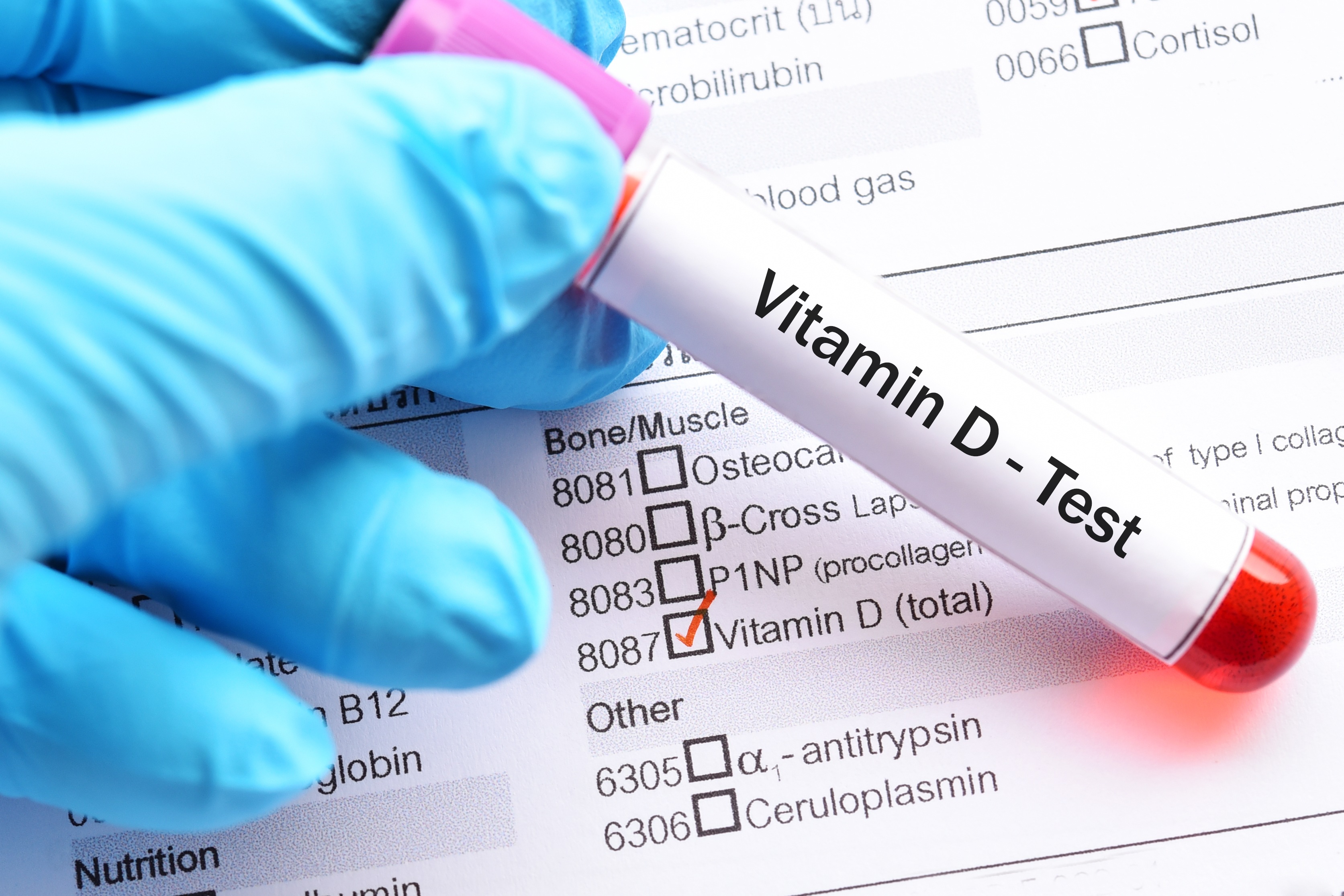
Vitamin D and estrogen together may help curb or prevent metabolic syndrome, a new study in Menopause suggested.
According to an official press release accompanying the study, metabolic syndrome has in recent decades emerged as a public health concern, affecting anywhere between 30% to 60% of women worldwide. A lack of estrogen has been associated with the progression of abdominal obesity and heart disease, and vitamin D has been shown in previous research to be associated with markers of metabolic syndrome (such as obesity, hyperglycemia, insulin resistance, and type 2 diabetes mellitus).
The research team, working out of China, included 616 postmenopausal women in the cross-sectional study who were aged 49 to 86 years and not taking estrogen (estradiol) and vitamin D/calcium supplements at trial initiation. Serum estradiol and vitamin D were measured at the end of the data collection period. The researchers used the 2006 International Diabetes Federation Standard to define metabolic syndrome for the study.
According to the results, there was “a positive correlation between 25(OH)D (serum vitamin D) and estradiol. A higher serum vitamin D level was linked with a more favorable lipid profile, better controlled blood pressure, and better controlled glucose levels. Serum estrogen was negatively associated with cholesterol, blood pressure, and triglycerides. After multivariable adjustment, the odds ratio for metabolic syndrome for women deficient in the combination was 2.19 (95% CI, 1.19 to 4.01; P=0.009 for trend) compared to women who had sufficient vitamin D and estrogen levels. After stratified analysis by vitamin D status, low estrogen increased the risk for metabolic syndrome in women with vitamin D deficiency (OR=3.49; 95% CI, 1.45-8.05 for lowest vs. highest quartile).
“In this cross-sectional study, low estradiol increased the risk of metabolic syndrome in postmenopausal women who had vitamin D deficiency,” Dr. JoAnn Pinkerton, NAMS executive director, said in a press release. “The Endocrine Society recommends vitamin D levels of 30 ng/mL for postmenopausal women. Whether adequate levels of vitamin D improve nonskeletal cardiovascular or cognitive benefits remains the subject of debate, and answers await randomized clinical trial data.”







 © 2025 Mashup Media, LLC, a Formedics Property. All Rights Reserved.
© 2025 Mashup Media, LLC, a Formedics Property. All Rights Reserved.